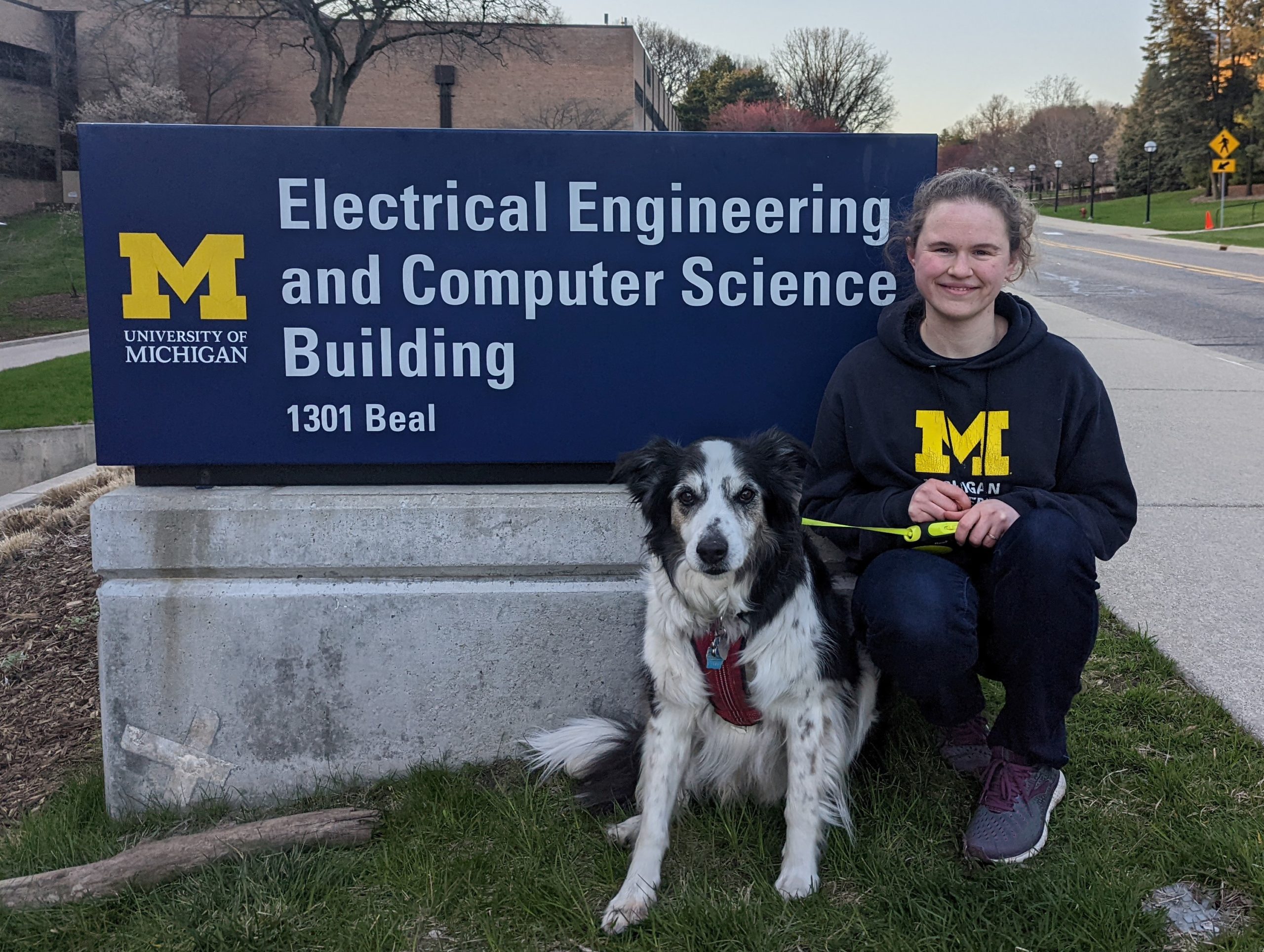
Dissertation Defense
How Students and Algorithms Learn to Filter: Investigating Students’ Understanding of Signal Processing Concepts and Bilevel Methods for Learning Filters for Image Reconstruction
This event is free and open to the publicAdd to Google Calendar

Passcode: goblue
Signal processing (SP) concepts are essential to fields such as image analysis, communications, and machine learning. This dissertation combines two projects on SP concepts: one investigates how students learn SP concepts and one applies SP concepts to learn filters for image reconstruction.
The existing research on students’ understanding of SP concepts is focused on when students take an introductory signals and systems course. This dissertation investigates conceptual understanding of SP concepts for undergraduate senior students, who are typically a year or more removed from a signals and systems course. The results show that many seniors understand some topics, such as filtering and time invariance, but struggle with other concepts, such as linearity and convolution. The results also suggest instructional strategies to improve students’ understanding, such as emphasizing the purpose of concepts and repeating concepts across multiple courses.
Continuing the emphasis on the importance of understanding, this dissertation applies SP concepts to motivate and review bilevel methods for learning parameters for image reconstruction. In contrast to black-box machine learning approaches, bilevel methods are explainable, so that doctors can understand how the output image is formed; are task-based, so that learned parameters are expected to perform best at reconstructing; and they allow for different measures of image quality. The results first examine why parameters learned using a common single-level formulation under-perform handcrafted parameters in terms of reconstructed image quality. The results then show how bilevel methods help to address this performance gap.
Co-chairs: Professor Jeffrey A. Fessler and Professor Cynthia J. Finelli
 MENU
MENU 
